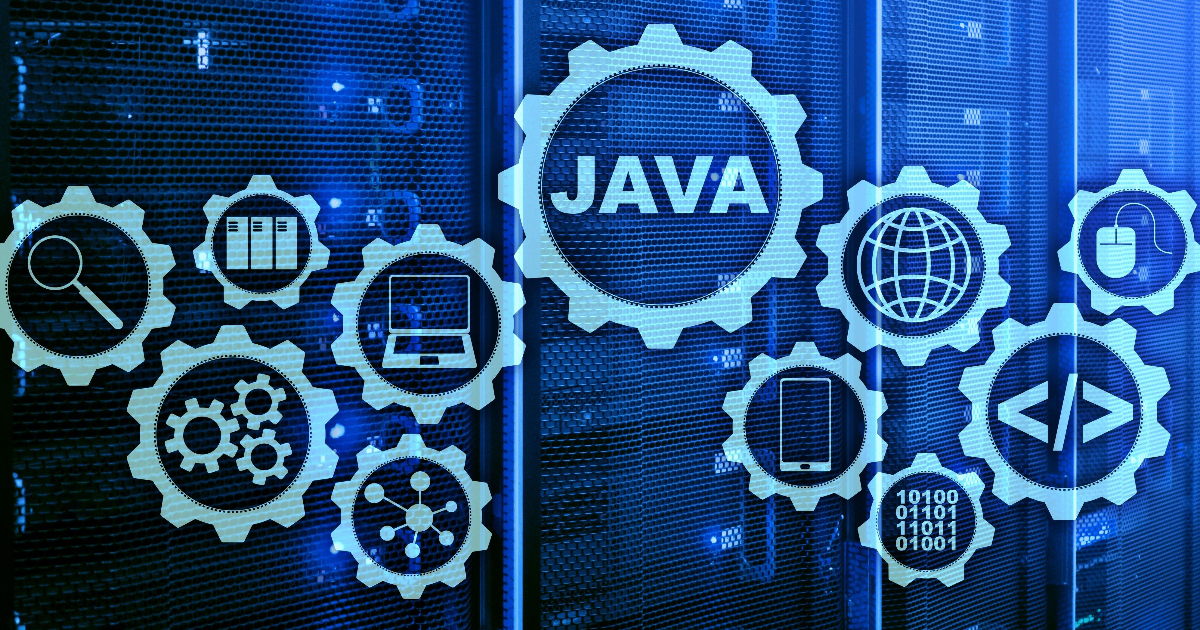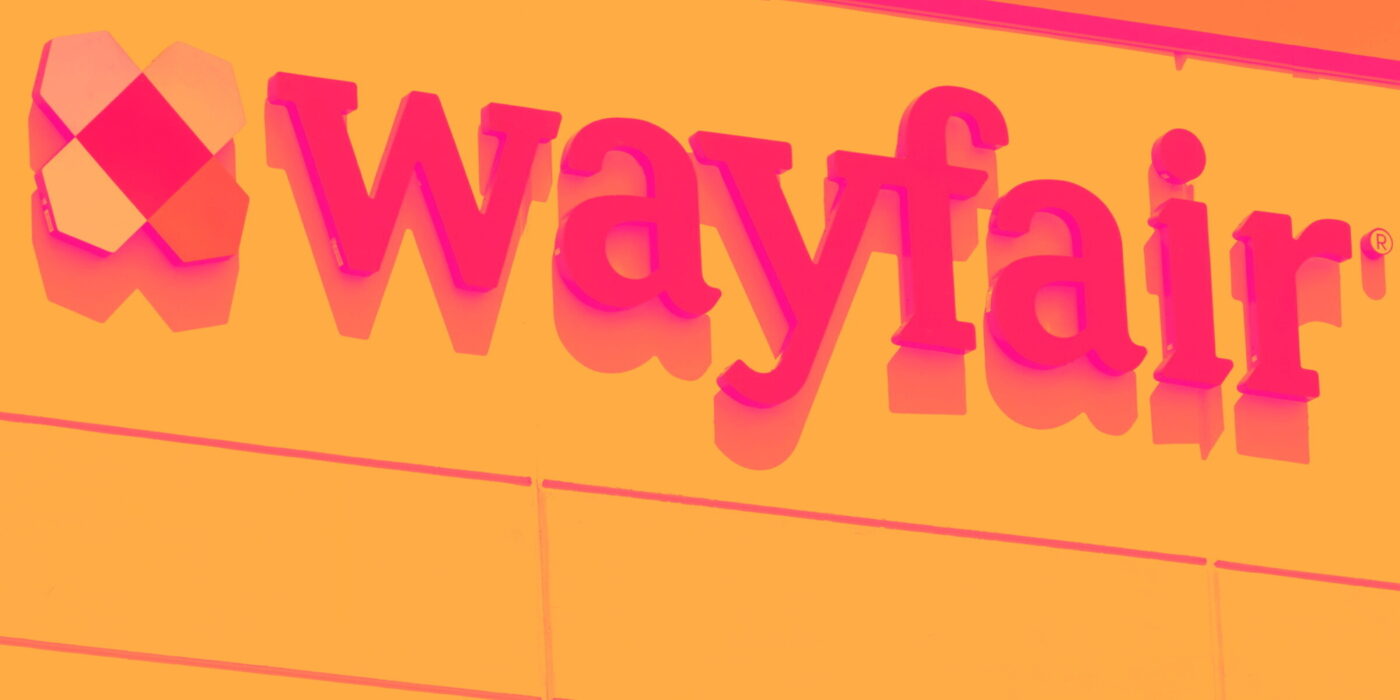Key Points
-
The Nasdaq Composite returned 12% annually during the last two decades, and investors can reasonably expect similar returns in the future.
-
AppLovin is an adtech company that has differentiated itself from peers with superior targeting capabilities, driven by its artificial intelligence (AI) recommendation engine called Axon.
-
MongoDB develops the leading document-oriented database, a technology that lends itself to AI applications, and the current valuation is cheap versus the three-year average.
-
10 stocks we like better than AppLovin ›
Anticipating what the stock market will do in any given year is impossible, but investors can lean into long-term trends. For instance, the Nasdaq Composite (NASDAQINDEX: ^IXIC) soared 875% in the last 20 years, compounding at 12% annually, due to strength in technology stocks. That period encompasses such a broad range of market and economic conditions that similar returns are quite plausible in the future.
Indeed, the rise of artificial intelligence (AI) should be a tailwind for the technology sector, and most Wall Street analysts anticipate substantial gains in these Nasdaq stocks:
Where to invest $1,000 right now? Our analyst team just revealed what they believe are the 10 best stocks to buy right now. Learn More »
- Among 31 analysts who follow AppLovin (NASDAQ: APP), the median target price of $470 per share implies 40% upside from the current share price of $335.
- Among 39 analysts that follow MongoDB (NASDAQ: MDB), the median target price of $275 per share implies 34% upside from the current share price of $205.
Here’s what investors should know about AppLovin and MongoDB.

Image source: Getty Images.
AppLovin: 40% upside implied by the median target price
AppLovin builds adtech software that helps developers market and monetize applications across mobile and connected TV campaigns. The company is also piloting ad tech tools for e-commerce brands. Importantly, its platform leans on a sophisticated AI engine called Axon to optimize campaign results by matching advertiser demand with the best publisher inventory.
AppLovin has put a great deal of effort into building its Axon recommendation engine. The company started acquiring video game studios several years ago to train the underlying machine learning models that optimize targeting, and subsequent upgrades have encouraged media buyers to spend more on the platform over time.
Morgan Stanley analyst Brian Nowak recently called AppLovin the “best executor” in the adtech industry. In particular, he called attention to superior ad targeting capabilities driven by its “best-in-class” machine learning engine, which has led to outperformance versus the broader in-app advertising market since 2023.
AppLovin reported strong first-quarter financial results. Revenue increased 40% to $1.4 billion, as strong sales growth in the advertising segment offset a decline in sales in the mobile games segment. Generally accepted accounting principles (GAAP) net income increased 149% to $1.67 per diluted share. And management guided for 69% advertising sales growth in the second quarter.
Wall Street estimates AppLovin’s earnings will increase at 53% annually through 2026. That makes the current valuation of 61 times earnings look rather inexpensive. Investors should pounce on the opportunity to buy this stock today. Personally, I would start with a small position and add shares periodically.
MongoDB: 34% upside implied by the median target price
MongoDB is the most popular document database. Whereas traditional relational databases (also called SQL databases) store information in structured rows and columns, the document model is more scalable and flexible. It supports structured data, but also unstructured data like emails, social media posts, images, videos, and websites.
Every application requires a database. It is where information can be stored, modified, and retrieved when needed. But the document model is particularly well suited to analytics, content management, e-commerce, payments, and artificial intelligence applications due to its superior scalability and flexibility. MongoDB is leaning into demand for AI.
Last year, the company introduced MAAP (MongoDB AI Application Program), a collection of resources and reference architectures that help programmers build applications with AI capabilities. Additionally, MongoDB recently acquired Voyage AI, a company that develops embedding and reranking models that make AI applications more accurate and reliable.
CEO Dev Ittycheria told analysts: “MongoDB now brings together three things that modern AI-powered applications need: real-time data, powerful search, and smart retrieval. By combining these into one platform, we make it dramatically easier for developers to build intelligent, responsive apps without stitching together multiple systems.”
MongoDB reported encouraging first-quarter financial results, exceeding estimates on the top and bottom lines. Customers climbed 16% to 57,100, the highest net additions in six years. Revenue increased 22% to $549 million, a sequential acceleration, and non-GAAP earnings jumped 96% to $1.00 per diluted share.
Going forward, Grand View Research estimates the database management system market will increase at 13% annually through 2030. MongoDB should grow faster as it continues to gain market share. That makes the present valuation of 7.8 times sales look reasonable, especially when the three-year average is 13.2 times sales. Patient investors should feel comfortable buying a small position today.
Should you invest $1,000 in AppLovin right now?
Before you buy stock in AppLovin, consider this:
The Motley Fool Stock Advisor analyst team just identified what they believe are the 10 best stocks for investors to buy now… and AppLovin wasn’t one of them. The 10 stocks that made the cut could produce monster returns in the coming years.
Consider when Netflix made this list on December 17, 2004… if you invested $1,000 at the time of our recommendation, you’d have $694,758!* Or when Nvidia made this list on April 15, 2005… if you invested $1,000 at the time of our recommendation, you’d have $998,376!*
Now, it’s worth noting Stock Advisor’s total average return is 1,058% — a market-crushing outperformance compared to 180% for the S&P 500. Don’t miss out on the latest top 10 list, available when you join Stock Advisor.
See the 10 stocks »
*Stock Advisor returns as of July 7, 2025
Trevor Jennewine has no position in any of the stocks mentioned. The Motley Fool has positions in and recommends AppLovin and MongoDB. The Motley Fool has a disclosure policy.
Disclaimer: For information purposes only. Past performance is not indicative of future results.






